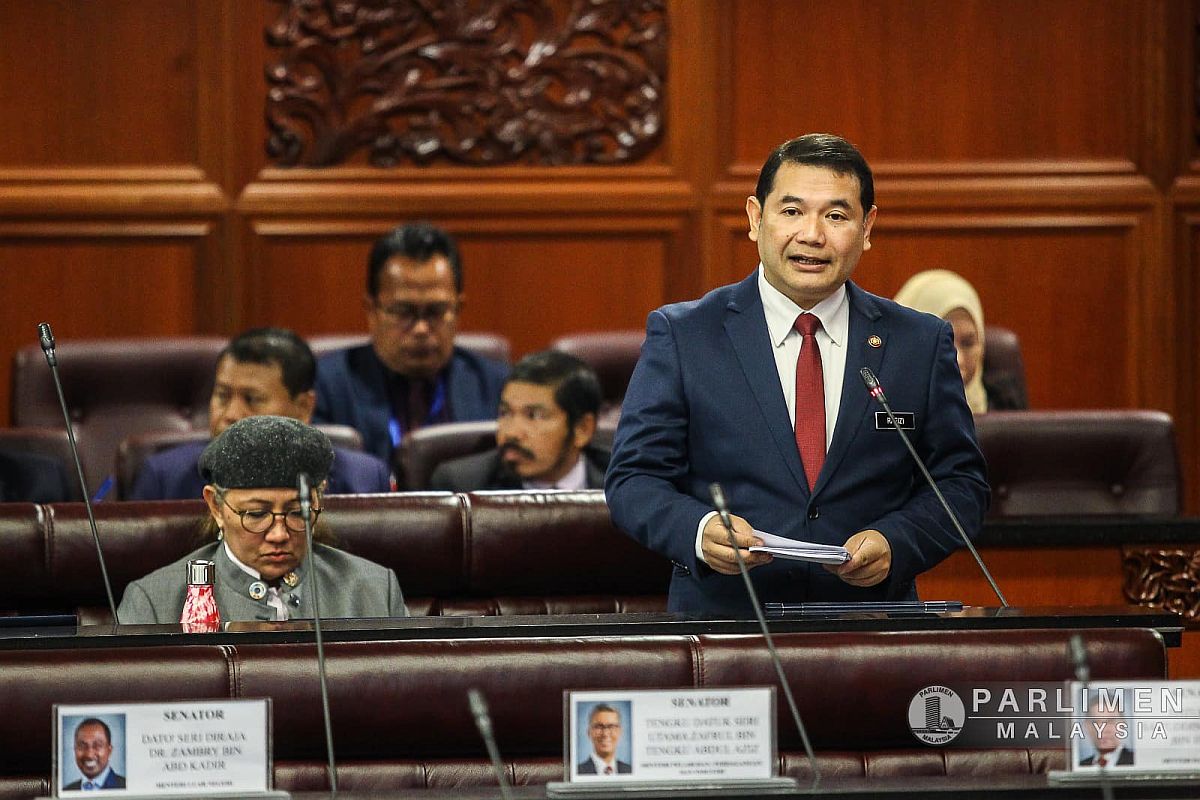KUALA LUMPUR, Nov 16 – Economy Minister Rafizi Ramli has announced increased government investment in reproductive health services to counter declining birth rates as the Malaysian population ages.
Rafizi, who is Pandan MP, said the plan includes investing in reproductive health services, such as in-vitro fertilisation (IVF), to address the decline in the country’s total fertility rate (TFR) of 1.6 in 2022, below the replacement rate of 2.1 children per woman.
“The efforts include IVF treatment methods at a lower rate than the market. In this regard, the government has allocated RM171 million for the construction of the National Subfertility Centre in Shah Alam, Selangor,” Rafizi said in a written parliamentary reply to Puchong MP Yeo Bee Yin on November 9.
According to the World Bank, Malaysia transitioned to an ageing nation in 2020, when more than seven per cent of its population was aged 65 and above.
Projections indicate that by 2044, 14 per cent of the country’s population will be above 65, making Malaysia an aged society. By 2056, Malaysia is expected to become a super-aged society, with over 20 per cent of its population being above the age of 65.
Rafizi said that an ageing population could present opportunities for a growing care economy that could potentially evolve into a new industry. However, he highlighted the current shortage of aged care services despite increasing demand.
“In this matter, the government encourages private investment to increase the supply capacity as well as to help build a care services market that is efficient and effective through the strengthening of the legal framework.
“At the same time, the plan to restructure the national economy outlined in the midterm review of the 12th Malaysia Plan 2021-2025 will help tackle the impact of the declining demographic divide,” Rafizi said.
Rafizi stressed that technological advancements can address lower productivity rates associated with a shrinking workforce. He held that the adoption of technology can improve the efficiency of the labour market and strengthen economic competitiveness.
His ministry is also developing the National Ageing Blueprint with the World Bank, which is expected to be completed by the first quarter of next year. The blueprint is expected to tackle economic, productivity, and health care challenges associated with an ageing nation.
“The plan is expected to be completed by the first quarter of 2024 and can aid the government in tackling the impact of an ageing nation towards economic growth, workforce productivity, the need for social protection and elderly health care needs,” Rafizi said.








